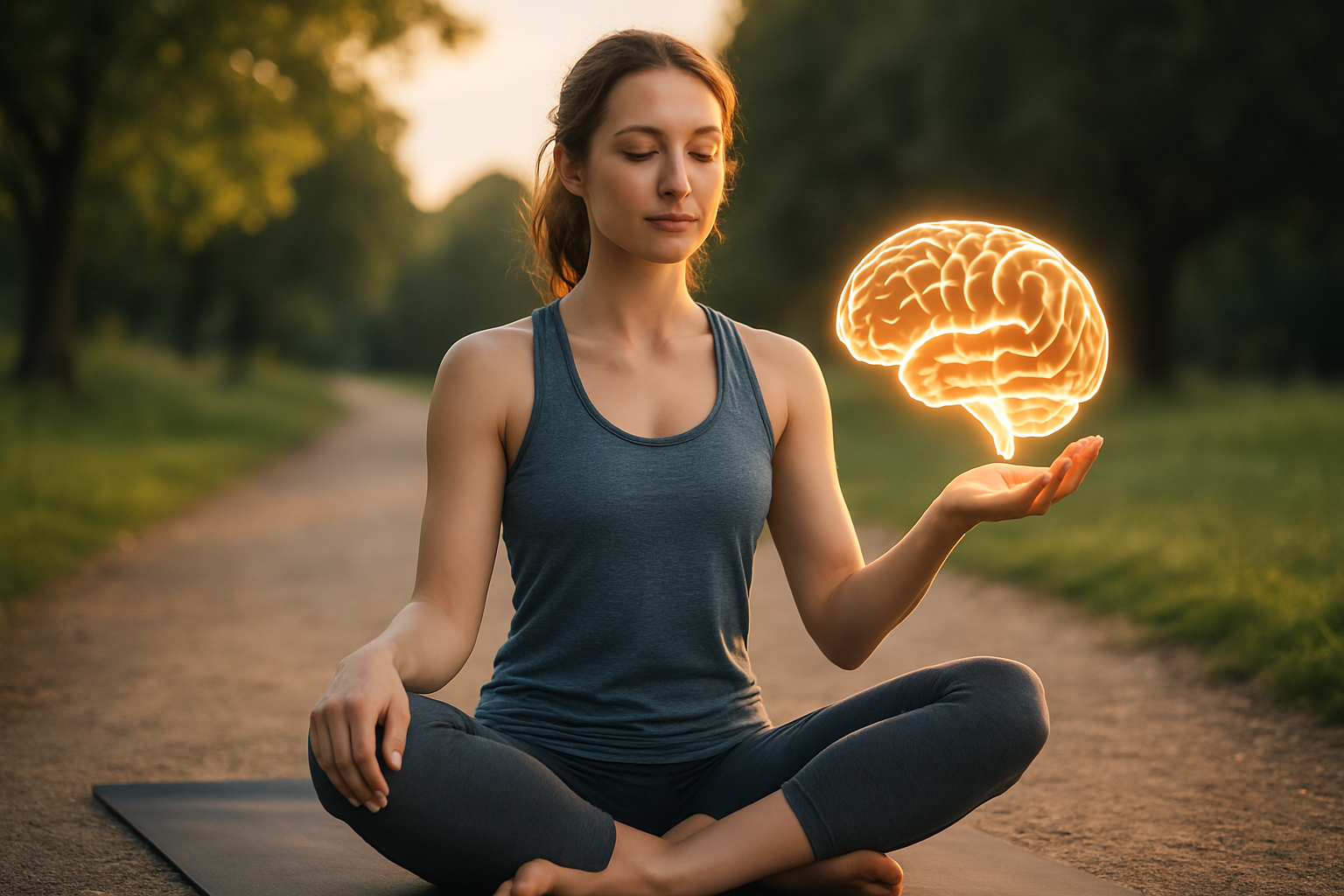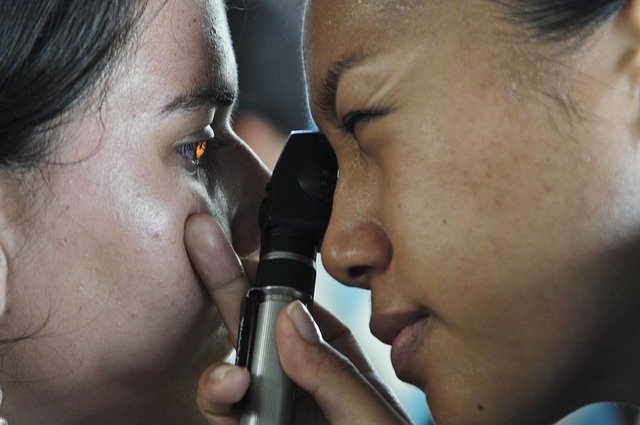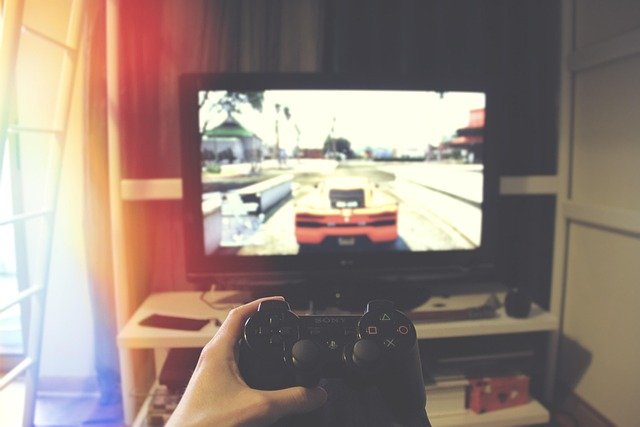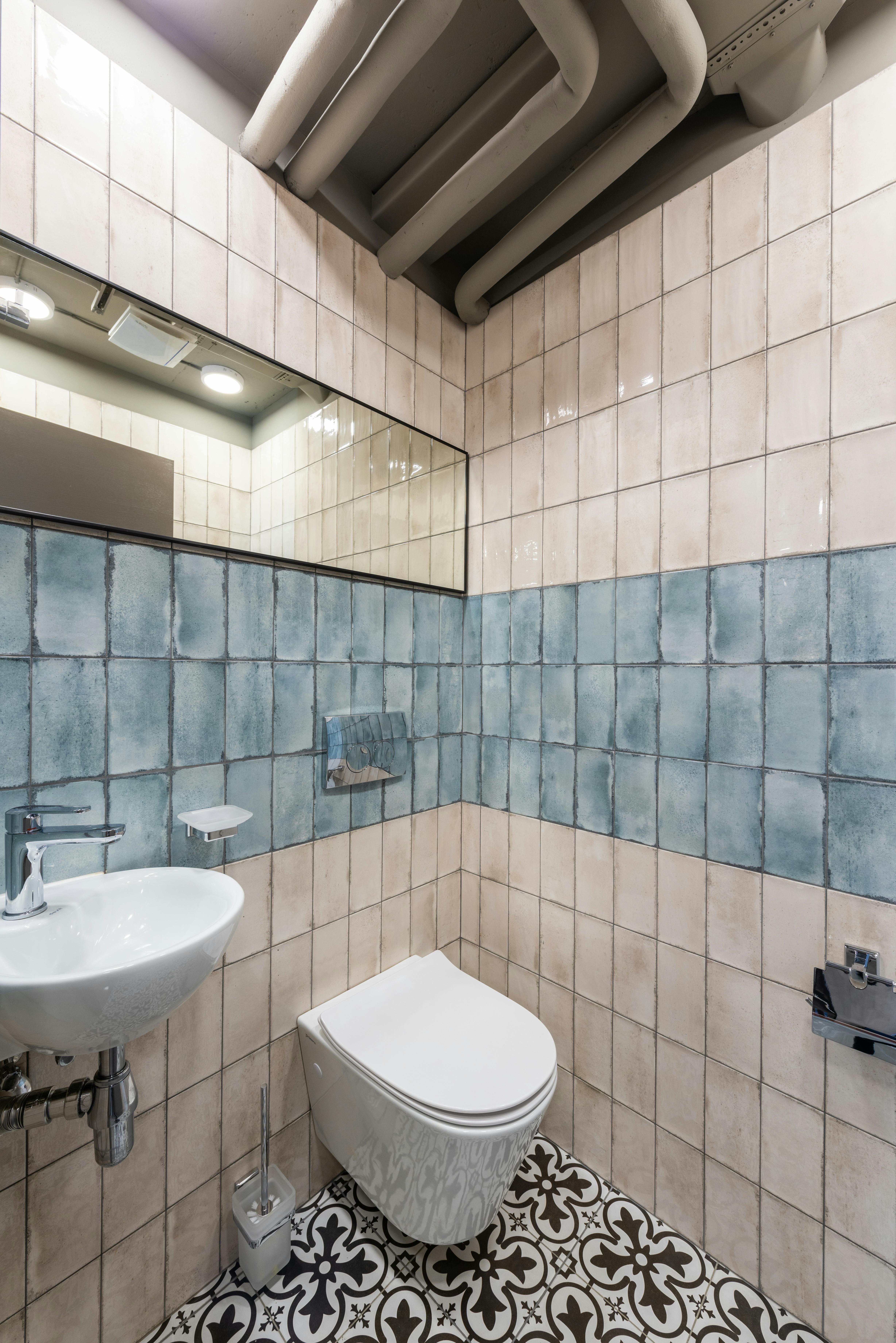Exploring Hobby Ideas for Relaxation and Stress Relief
Exploring new hobbies can add creativity and enjoyment to daily life. From arts and crafts to outdoor activities, discovering different ways to spend free time can offer fresh experiences and personal fulfillment while keeping routines engaging and inspiring.

Engaging in hobbies offers a powerful way to disconnect from daily stressors and reconnect with yourself. Beyond simple entertainment, the right hobby can become a form of self-care, providing both mental and physical benefits. From mindfulness practices to outdoor adventures, exploring different hobby options can lead to discovering activities that bring genuine joy and relaxation to your life.
Relaxing Indoor Hobbies for Stress Management
Indoor hobbies provide accessible ways to unwind without leaving the comfort of home. Practices like knitting or crocheting offer repetitive, meditative motions that can lower heart rate and blood pressure while creating something tangible. Many find that the rhythmic nature of these crafts induces a flow state similar to meditation.
Reading fiction has been shown to reduce stress by up to 68% according to research from the University of Sussex, making it one of the most effective relaxation techniques available. Creating a reading nook with comfortable seating and good lighting can transform this simple activity into a dedicated relaxation ritual.
Culinary pursuits like baking or cooking new recipes engage multiple senses and provide immediate rewards. The focus required for following recipes can create mindfulness moments, temporarily shifting attention away from worries while producing something delicious to share or enjoy alone.
Mindful Hobbies for Deeper Relaxation
Mindfulness-based hobbies directly target stress by bringing attention to the present moment. Traditional meditation practice, even for just 10 minutes daily, has been scientifically proven to reduce cortisol levels and improve emotional regulation. Beginners can start with guided meditations using apps like Headspace or Calm before developing an independent practice.
Yoga combines physical movement with breathwork and mental focus, creating a comprehensive approach to stress relief. Different styles accommodate various preferences—from gentle restorative practices to more physically demanding flows. The beauty of yoga lies in its scalability; modifications make it accessible regardless of fitness level or flexibility.
Gardening connects practitioners with nature while providing gentle physical activity. The sensory experience of touching soil, smelling plants, and watching growth occurs creates natural mindfulness moments. Indoor gardening with houseplants or herbs offers similar benefits for those without outdoor space, bringing elements of nature inside while purifying air quality.
Journal writing offers emotional release through self-expression. Different approaches include gratitude journaling, which shifts focus toward positive aspects of life, or stream-of-consciousness writing that helps process complex emotions. The physical act of writing by hand (rather than typing) engages the brain differently and can enhance the calming effects.
Outdoor Hobby Ideas for Beginners
Outdoor activities provide dual benefits of exercise and nature exposure—both proven stress reducers. Hiking stands out as an accessible starting point for most beginners, requiring minimal equipment beyond comfortable shoes and weather-appropriate clothing. Starting with shorter, well-marked trails builds confidence before progressing to more challenging terrain.
Bird watching combines gentle outdoor activity with mindful observation. Beginning with a basic field guide and inexpensive binoculars, newcomers can learn to identify local species while developing patience and attentiveness. Many communities offer guided bird walks that provide social connection alongside nature immersion.
Photography encourages seeing familiar environments with fresh perspective. Smartphone cameras make this hobby immediately accessible without significant investment. Nature photography specifically combines the benefits of outdoor time with creative expression, training the eye to notice beauty in ordinary surroundings.
Cycling offers adjustable intensity levels suitable for various fitness capabilities. Starting with casual neighborhood rides before exploring dedicated trails allows gradual skill development. Beyond physical benefits, cycling provides changing scenery that engages the mind differently than stationary exercise.
Creating a Sustainable Hobby Practice
The most effective stress-relieving hobbies become sustainable parts of regular routine rather than occasional activities. Setting realistic time commitments prevents hobbies from becoming additional sources of pressure. Even short, consistent sessions (15-30 minutes) several times weekly typically prove more beneficial than occasional marathon sessions.
Selecting hobbies aligned with personal interests increases motivation and enjoyment. Someone who appreciates structure might prefer activities with clear guidelines and measurable progress (like learning musical instruments), while more spontaneous individuals might enjoy improvisational activities like dance or abstract painting.
Balancing structured and unstructured hobby time allows for both skill development and creative freedom. For example, a gardener might follow specific planting guidelines while experimenting with unique plant combinations or garden designs. This balance prevents hobbies from becoming overly rigid or lacking direction.
Social vs. Solitary Relaxation Activities
While some individuals find solitude essential for relaxation, others draw energy from social connection. Group activities like community sports, book clubs, or craft circles combine hobby interests with social support—an important factor in stress management. Many hobbies can flex between social and solitary modes; painting alone versus attending a paint-and-sip event offers completely different experiences with the same basic activity.
Online communities provide middle-ground options, offering social connection without physical presence requirements. Forums, social media groups, and virtual classes create supportive environments for sharing progress and receiving encouragement while maintaining personal space.
The ideal approach often involves maintaining both social and solitary hobby options, allowing flexibility based on changing energy levels and social needs. This balanced portfolio of activities ensures relaxation resources remain available regardless of circumstances or mood.
Cost-Effective Hobby Options for Every Budget
Many effective stress-relieving hobbies require minimal financial investment. Activities like walking, basic meditation, or journaling need little more than comfortable clothing or a notebook. Public libraries offer free access to books, magazines, and often digital resources like online courses or streaming services that support various interests.
For hobbies requiring equipment, starting with entry-level options prevents excessive initial investment before confirming long-term interest. Many communities have tool libraries, musical instrument lending programs, or hobby equipment exchanges that reduce barriers to entry for new activities.
Prices, rates, or cost estimates mentioned in this article are based on the latest available information but may change over time. Independent research is advised before making financial decisions.
Finding Balance Through Hobby Variety
Creating a diverse hobby portfolio addresses different relaxation needs. Active hobbies like hiking or dancing provide physical release, while contemplative practices like reading or meditation offer mental quiet. Creative pursuits satisfy expression needs, while learning-based hobbies stimulate intellectual curiosity.
Seasonal variation in hobby focus maintains freshness and prevents stagnation. Winter might emphasize indoor crafts or cooking, while summer shifts toward gardening or water activities. This natural rhythm creates anticipation while accommodating practical weather considerations.
The most effective approach to hobby selection prioritizes genuine enjoyment over perceived benefits. Activities that create authentic pleasure naturally encourage consistent participation, making them sustainable tools for long-term stress management and overall wellbeing.




